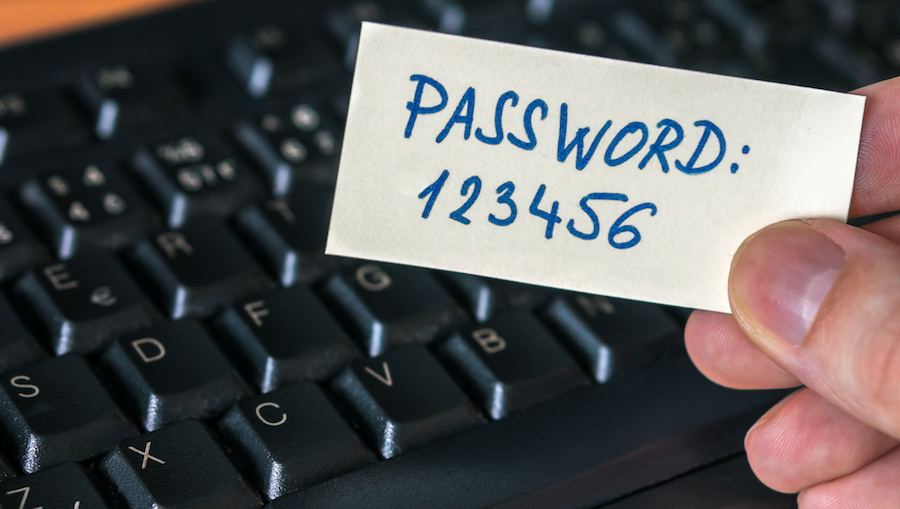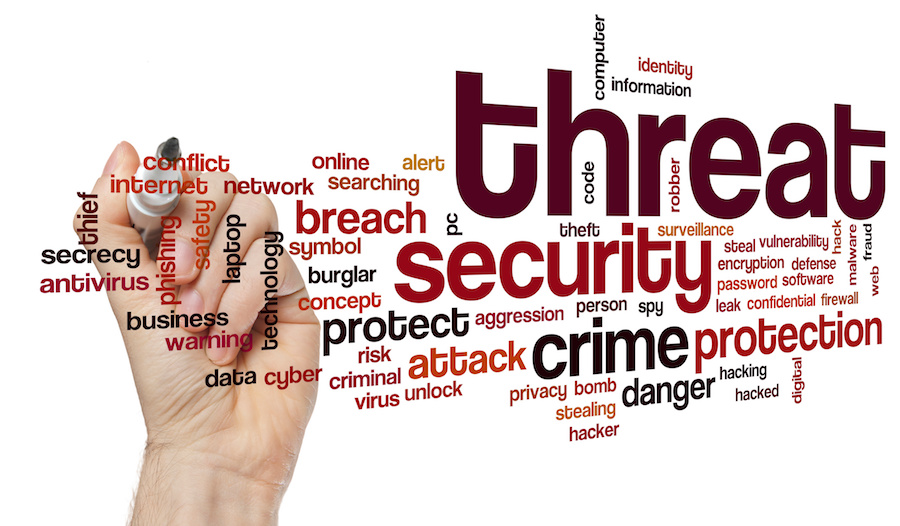A teenager from Finland has been convicted for over 50,000 computer breaches this week, most of which he undertook when he was only 15 and 16.
The teen, Julius Kivimaki, had been arrested back in September 2013 after months of taking credit card details after hacking into the computer networks of his victims. His victims also include Harvard and Massachusetts Institute of Technology; Kivimaki hacked into emails belonging to the universities and consequently the organisation which hosts MIT’s emailing system, Educause, had to pay over $200,000 in compensation.
Kivimaki is also believed to be a part of the infamous LizardSquad hacking group responsible for shutting down Playstation’s and Xbox’s online networks earlier this year. The group posted messages on their Twitter account celebrating the lenient sentence the teenager was handed by a Finnish court.
The teenager was given a two-year suspended prison sentence by the District Court of Espoo; given the scale of his crimes many believe that this sentence was not severe enough and will not deter other potential cyber vigilantes in the future. The BBC has stated that the Judge who presided over the case had taken into account the teenager’s age when he committed the crimes before deciding on an appropriate sentence.
The teenager not only breached vast quantities of data but was also involved in money laundering, which the BBC reports enabled the teenager to embark on a holiday to Mexico.
It was the weaknesses of a software program called ColdFusion that allowed the teen to gain access to these networks. The teenager was able to take credit card details which he used for shopping online.
A Timely Confidence Boost for Cyber Criminals
The teenager will spend no time in prison for his crimes, which has not gone unnoticed by the world’s media.
Instead, he will have a two-year suspended prison sentence and make a payment for all the property he has been able to acquire through his illegal activities. With cyber crime becoming such a profitable trade there are concerns that a growing number of cyber hackers believe the rewards are worth the risks; the leniency of the teen’s sentence will only serve to reinforce such convictions.
The gloating of the hacking group LizardSquad during the aftermath of this case shows that cyber criminals are more confident than ever and a belief of invincibility is still prevalent among many of these groups. This confidence is undoubtedly boosted by the successes of these groups who in the past have been able to outsmart global organisations; and there is a risk they will continue doing so unless more extreme precautions and punishments are put in place.
Data privacy needs to be taken seriously by judicial authorities, this is not a game as the cyber hacking groups might have us believe. Businesses and individuals can lose entire archives of intellectual property to such groups and these losses can be devastating for those affected.
The problem remains that many cyber vigilantes remain hidden behind a keyboard and their friends that are finally caught often are prepared to protect the identity of their partners. This means that authorities are fighting an uphill battle when it comes to the dismantling of the cyber hacking networks that have proven so effective over the last few years.
There is also a worrying trend when it comes to the demographic of these cyber hackers. Increasingly its seems that hackers tend to be young adult males or even teenagers; individuals whose capabilities are being wasted on illegal activities online. The age of these cyber hackers, and indeed the nature of their crimes, means that they are perhaps unaware of the damage they are causing.
Many of these hackers have never been in full time employment before, never mind part of a successful business, and so they do not fully understand the long term distress they are precipitating through their actions. They commit their crimes behind the protection of a keyboard which means that they are far removed from the consequences of their actions on innocent, hardworking individuals.











